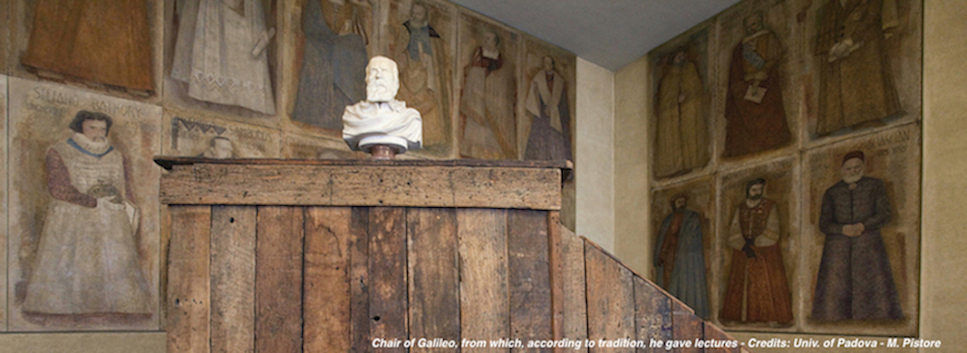Speaker
Description
The next generation of neutrino telescopes, including Baikal-GVD, KM3NeT, P-ONE, TAMBO, and IceCube-Gen2, will be able to determine the flavor of high-energy astrophysical neutrinos with 10% uncertainties. With the aid of future neutrino oscillation experiments --- in particular JUNO, DUNE, and Hyper-Kamiokande --- the regions of flavor composition at Earth that are allowed by neutrino oscillations will shrink by a factor of ten between 2020 and 2040. We critically examine the ability of future experiments and show how these improvements will help us pin down the source of high-energy astrophysical neutrinos and a sub-dominant neutrino production mechanism with and without unitarity assumed. As an illustration of beyond-the-Standard-Model physics, we also show that the future neutrino measurements will constrain the decay rate of heavy neutrinos to be below $2\times 10^{-5}~$$m$/eV/s assuming they decay into invisible particles.

